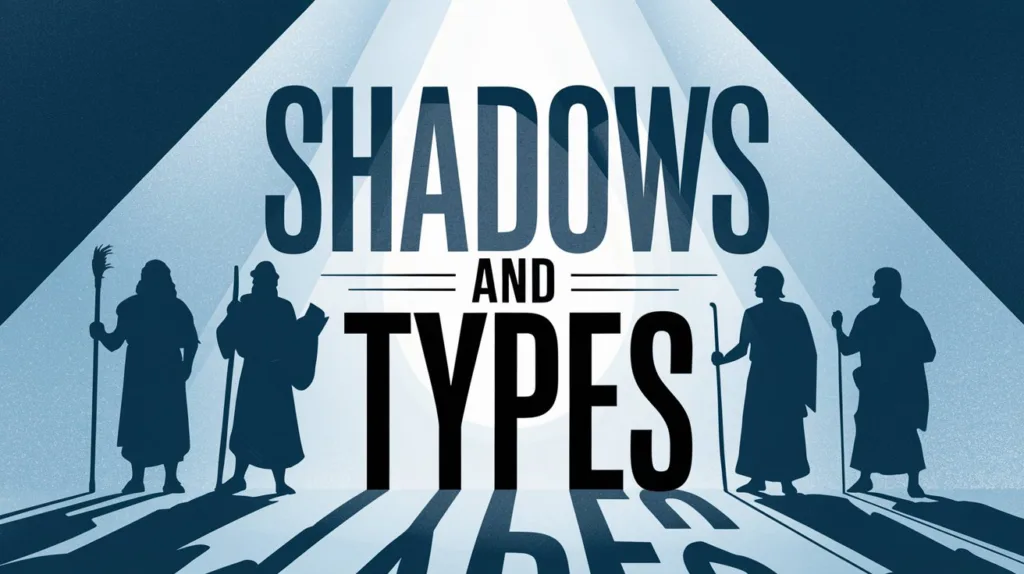The book of Amos opens simply:
“The words of Amos, who was among the sheepbreeders of Tekoa, which he saw concerning Israel in the days of Uzziah king of Judah, and in the days of Jeroboam the son of Joash, king of Israel, two years before the earthquake.” (Amos 1:1)
Amos is not a career prophet or a polished priest. He is a sheepbreeder from Tekoa, a small village south of Jerusalem. Later, in Amos 7:14-15, he says of himself,
“I was no prophet, nor was I a son of a prophet, but I was a herdsman and a tender of sycamore fruit. Then the Lord took me as I followed the flock, and the Lord said to me, ‘Go, prophesy to My people Israel.’”
This immediately sets Amos apart. He is a common man with a common life, yet called by the Living God to deliver an uncommon and uncomfortable message to the Northern Kingdom of Israel.
The Time It Was Written
Amos prophesied during the reigns of Uzziah (Judah) and Jeroboam II (Israel), around 760–750 BC. This was a time of economic prosperity and military success for Israel. Outwardly, everything looked strong. But spiritually, Israel was rotting from within. They were wealthy but wicked, religious but rebellious, prosperous but perverse (Similar to modern day America).
The text mentions an earthquake (“two years before the earthquake”), which secular historians and archaeologists have verified through evidence of seismic activity in that region. This would have given Amos’ warnings an even more urgent and dramatic tone. In short, Amos spoke into a time when people thought they were blessed because they were comfortable, but they were in fact under judgment because they had abandoned true faithfulness to God.
To Whom It Was Written
Amos was sent primarily to the Northern Kingdom of Israel, though his words touched on Judah and even surrounding Gentile nations like Damascus, Gaza, Tyre, Edom, and Ammon. In the first two chapters, Amos pronounces judgment on these nations before zeroing in sharply on Israel itself.
Though he was a Judean, Amos addressed the corruption in Israel, the ten northern tribes whose capital was Samaria. His message was not limited to political leaders; it was aimed at the entire nation — rich merchants, corrupt judges, and lazy worshippers alike.
The Overall Theme of Amos
The central theme of Amos is the righteousness of God. Amos hammers the reality that God demands justice and righteousness among His people. Outward religiosity and ritual observance are meaningless when the heart is corrupt. This is summed up powerfully in Amos 5:24,
“But let justice run down like water, and righteousness like a mighty stream.”
Amos condemns:
Social injustice: The rich exploiting the poor (Amos 2:6-7).
Religious hypocrisy: Empty rituals without real repentance (Amos 5:21-23).
Complacency: Trusting in prosperity rather than God (Amos 6:1).
Corrupt leadership: Judges and officials perverting justice for bribes (Amos 5:12).
Though the book is heavy with judgment, there is also a glimpse of hope. In the final verses, Amos 9:11-15, God promises a future restoration:
“On that day I will raise up the tabernacle of David, which has fallen down…” (Amos 9:11).
This speaks prophetically of the coming Messianic kingdom, when Christ would restore true worship and righteous rule.
The Reason Amos Was Written
Amos was written as a divine warning: a wake-up call to a complacent people who were confusing material blessings for spiritual approval.
It was a plea to repent before judgment fell.
God’s message through Amos was clear:
No nation, not even Israel, is exempt from judgment if they forsake His ways.
Religious rituals cannot replace righteousness.
True worship requires justice, mercy, and humility.
Amos’s words ring with the truth that the covenant relationship with God is not a license to sin but a call to holiness. Israel’s election was not a shield from discipline but a greater responsibility to live in obedience.
My Final Thoughts
The Book of Amos reminds us today that prosperity is not proof of God’s pleasure. Wealth, success, and even religious activity mean nothing if the heart is far from God. Amos calls us back to a faith that is not just professed but practiced, not just sung about but lived out. He points us to a God who is not impressed by ceremonies but desires hearts that beat with justice, mercy, and truth.
In a world much like Amos’ (comfortable, prosperous, yet spiritually shallow), we need his message more than ever: Seek the Lord and live (Amos 5:6).





 Get the book that teaches you how to evangelize and disarm doctrines from every single major cult group today.
Get the book that teaches you how to evangelize and disarm doctrines from every single major cult group today.